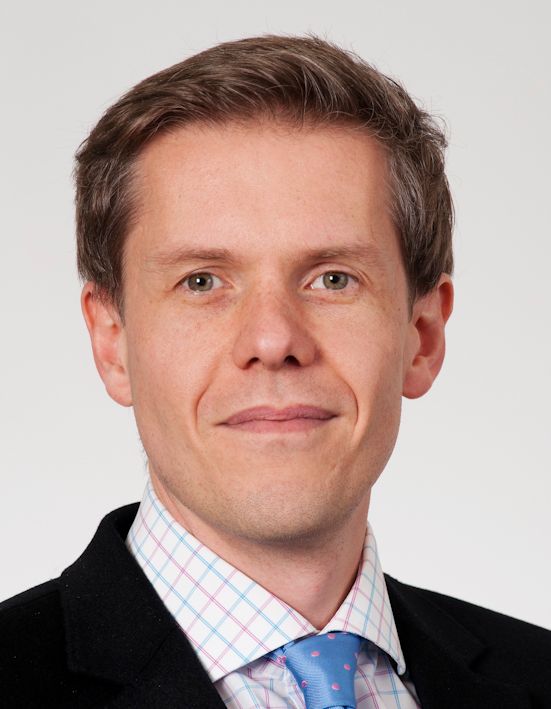Defense Economics
The Chair of Defense Economics conducts research on national and international issues of defense economics from an institutional perspective. It aims to contribute to the security of state and society. Using quantitative simulation models, it analyzes possible vulnerabilities of critical infrastructures. From a technological and logistical perspective, it assesses the sustainability of military operations.
Main Areas of Research
- Military and economic analysis of the Russian Federation
- Russo-Ukrainian war
- Security of critical infrastructures
- Security of supply
- Institutional economics
Defense Economics
PD Dr. Marcus Keupp
PD Dr. oec. Marcus Matthias Keupp, Dipl.-Kfm.
Dozent Militärökonomie
marcus.keupp (@) vtg.admin.ch
+41 58 484 82 47
Dozent Militärökonomie
marcus.keupp (@) vtg.admin.ch
+41 58 484 82 47



